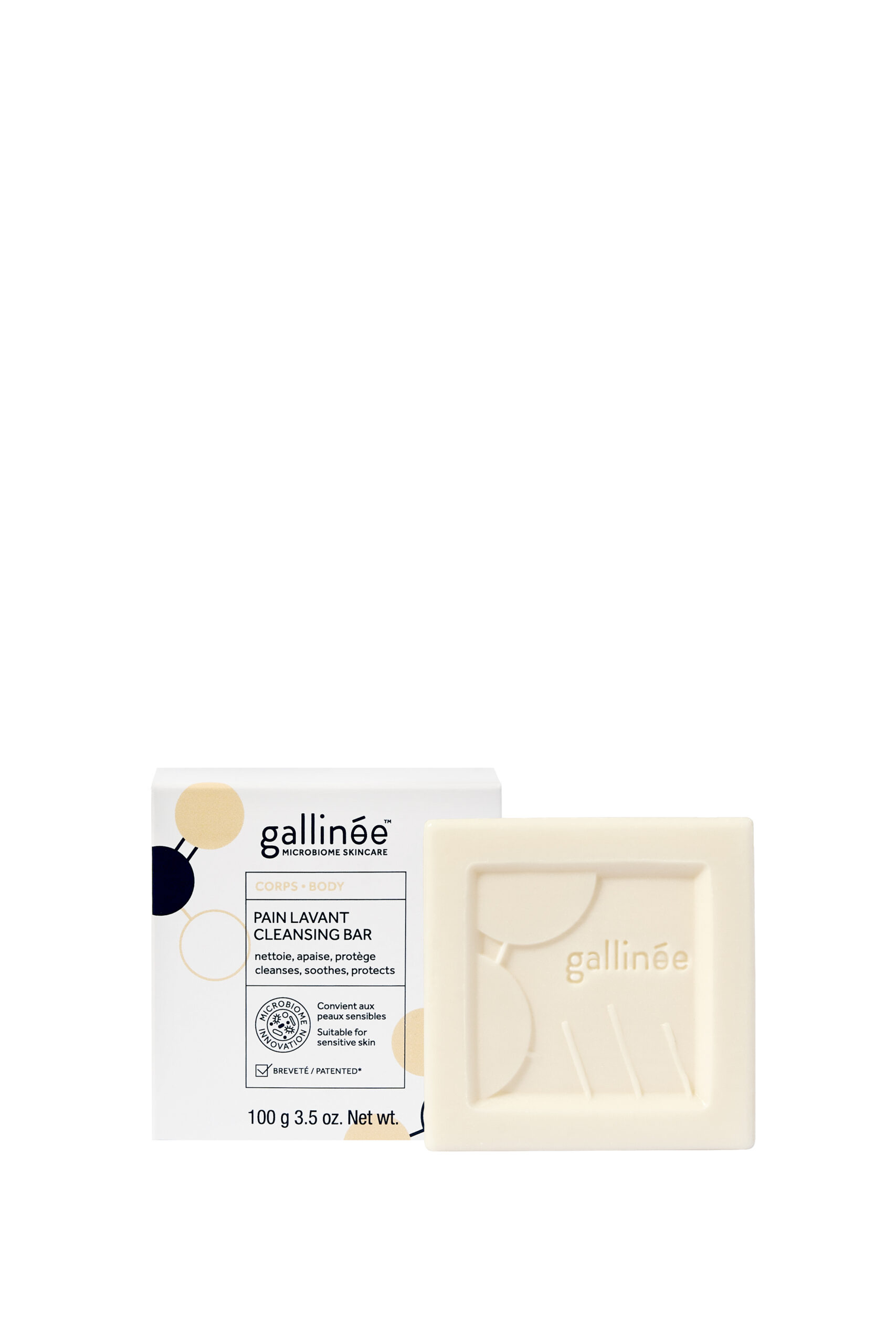A healthy skin microbiome doesn’t only depend on skincare products. Here’s our top 10 tips to care for your skin microbiome to get a radiant & healthy skin:
1 – Clean doesn’t mean sterile.
You can get rid of dirt without removing everything alive on your skin! So avoid heavily antibacterial components, like alcohol, triclosan, or classic soaps.
2 – Keep your skin pH balanced.
Your skin acidity level is naturally around pH5. Below that it is too acidic, above that, it’s too alkaline. And both ways it damages the skin barrier and the microbiome living on it.
3- Don’t boil your microbiome.
Your skin bacteria are usually happy around 25 degrees, the temperature of your skin. They don’t like harsh conditions. So, avoid scalding hot water.
4- Don’t rub it.
As much as I love a good dry brushing or a heavy scrub, your bacteria really don’t, as they get physically removed. They will eventually grow back but in the meantime, it weakens and sensitizes the skin.
5- Feed it from the inside.
Your gut microbiome can influence the state of your skin, so an inflamed gut will trigger inflamed skin.
…And now, in terms of skincare:
6 – Go minimal.
Our skin microbiome is a very complex environment, and everything we add to it has the potential to inflame it. So imagine how many single-use ingredients you are putting on your skin every day and the effect that it may have on your microbiome. Try to source multitasking products with a low INCI list.
7 – Watch out for preservatives.
Preservatives have one purpose: kill bacteria. They useful to make sure that nothing green grows in your product’s tube, but once applied on the skin it will impact your microbiome.
Problem: how can you tell if a product is loaded with preservatives? Usually, a very long shelf life (so products with no expiry date), long PAO (the little open pot symbol) and products where you dip your fingers in (so jars).
8 – Watch out for the other ingredients.
That’s where it gets interesting: a lot of ingredients used in beauty products have a potential impact on the skin bacteria: fragrances, surfactants, sun filters, alcohol, etc… It doesn’t mean we should stop using everything, but just that less is better.
9 – Use products with probiotics, prebiotics, and postbiotics.
Of course! That makes a lot of sense to help stimulate and feed your good skin bacteria. Postbiotics are a useful addition as they will create the right environment. We would recommend the Gallinée range, since we are quite proud of it 😉
10 – Keep in mind it’s complicated.
The knowledge and science around the skin microbiome keeps growing every day. It is also immensely complex and a lot of factors enter into the equation. So this list is going to evolve in the future, and that’s a good thing!





















